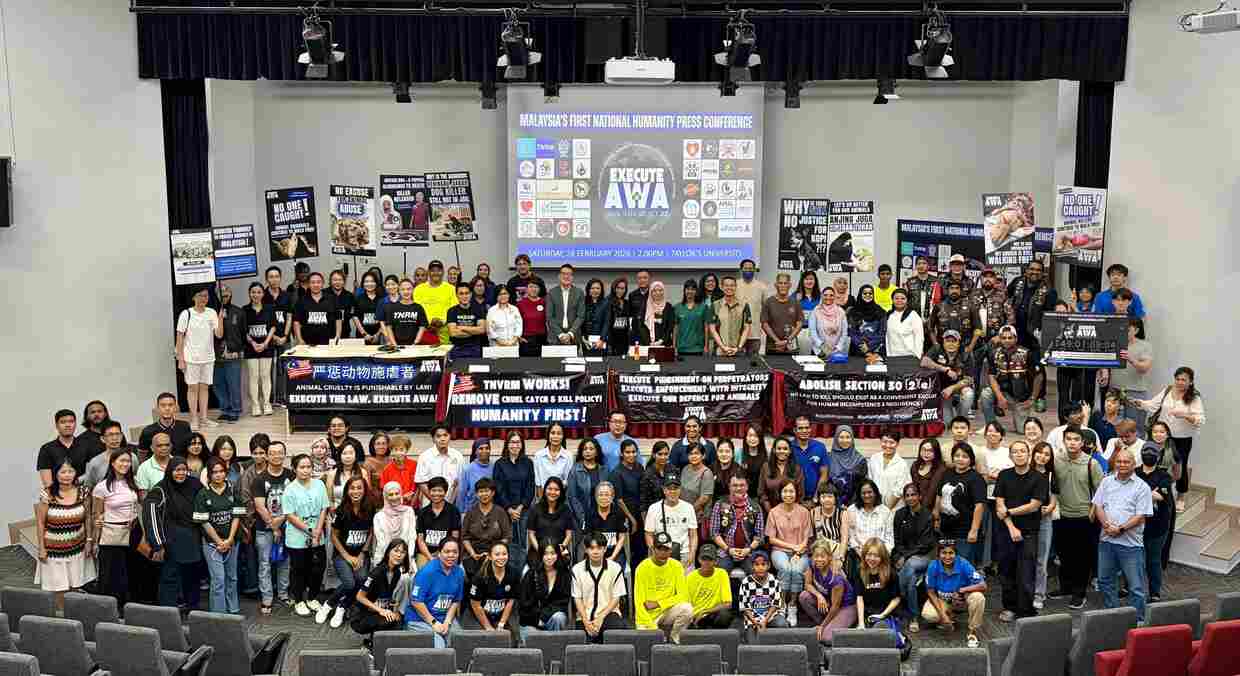The country’s dependency on foreign labour, especially in the construction industry, can be reduced if more companies adopt the Industrialised Building System (IBS), which involves using a pre-cast construction method.
The Construction Labour Exchange Centre Berhad (CLAB) chief executive officer, Azlan Mohd Isa, said that only government projects worth over RM10 million are currently required to use the IBS system for 70 per cent of the project’s implementation.
“However, this does not apply to private construction companies and government projects valued below RM10 million.
The use of IBS would automatically reduce human labour,” he told Bernama at the 2011 CLAB Central Region Meet-the-Customer Day in Kuala Lumpur today.
He said that CLAB, which became a government action body to recruit foreign construction labourers in 2004, had brought in about 25,500 workers, which islow compared with the total of 300,000 construction workers in Malaysia.
When asked if the difference could cause a jump in human trafficking activities, he said that it was possible, although he did not have exact figures.
“If there is (a jump), it would only involve those (foreign construction workers) who ended their contracts and did not go home, or illegal immigrants working in the country,” he added.
He noted that the Construction Industry Development Board (CIDB) estimates demand for construction workers will increase to 440,000 people next year and520,000 people by 2015.
Azlan added that in their efforts to reduce foreign worker dependency, the CLAB is also offering trained local construction workers from the Malaysian Construction Academy and other training institutions to contractors.
Meanwhile, the Immigration Department’s Deputy Public Prosecutor, Asfainizam Abdul Aziz, agreed with Azlan’s statement.
“So far, most of the human trafficking cases reported involve maids and sex-workers, not construction workers,” he told reporters.
He said that Malaysia strictly monitored human trafficking cases under the Anti-Human Trafficking Act and Anti-Smuggling of Migrants Act 2007.
– Bernama












